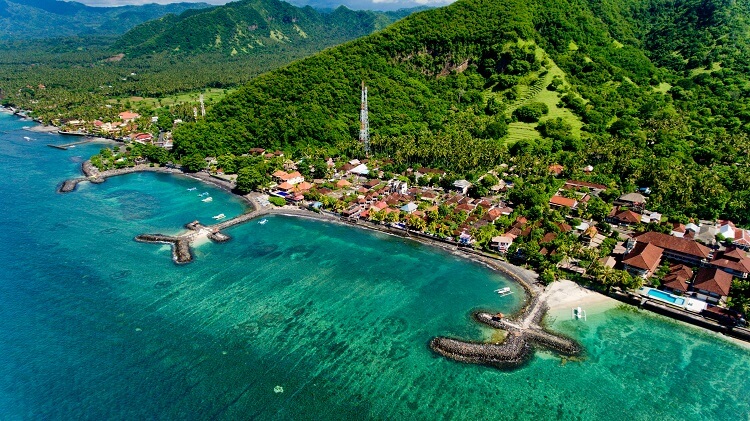Spike in Japanese encephalitis cases cause concern for travellers
Indonesia’s health ministry has reported an increase in the number of Japanese encephalitis cases in the country.
Australians travelling in the region have been urged to not become complacent and to take precautions to avoid contracting the disease.
What is Japanese encephalitis?
Japanese encephalitis is a virus transmitted by mosquitoes. The virus belongs to the same flavivirus family of mosquito-borne viruses that also causes Zika, dengue, and yellow fever.
Mosquitoes that spread the disease are mostly found in wetlands and drainage areas, like rice paddies in Asia and parts of the western Pacific.
An estimated 200,000 cases occur each year with the majority of infected people experience no symptoms of the disease.
Severe illness occurs in roughly 1 per cent of patients and can cause long-term impairment and death.
What are the symptoms?
Symptoms include:
- Fever
- Headache
- Vomiting
- Disorientation
- Seizures
- Paralysis
There is currently no treatment for Japanese encephalitis, but it can be prevented by vaccine.
How can I avoid catching Japanese encephalitis?
While the risk of contracting Japanese encephalitis remains low at less than one in a million, travellers in these areas are being urged to take precautions to avoid being infected.
To avoid mosquito bites, travellers should:
- Make sure accommodation is mosquito proof (this may include sleeping under a mosquito net).
- Avoid insect bites by using insect repellent (and reapplying it regularly) and wearing long, loose-fitting and light-coloured clothing.
Those visiting rural areas or spending extended amounts of time in Asia should consider vaccination as an extra precaution.
If you’re staying in more metropolitan area or inside a resort and still want to be vaccinated, you should discuss it with your GP during your pre-travel health check.





